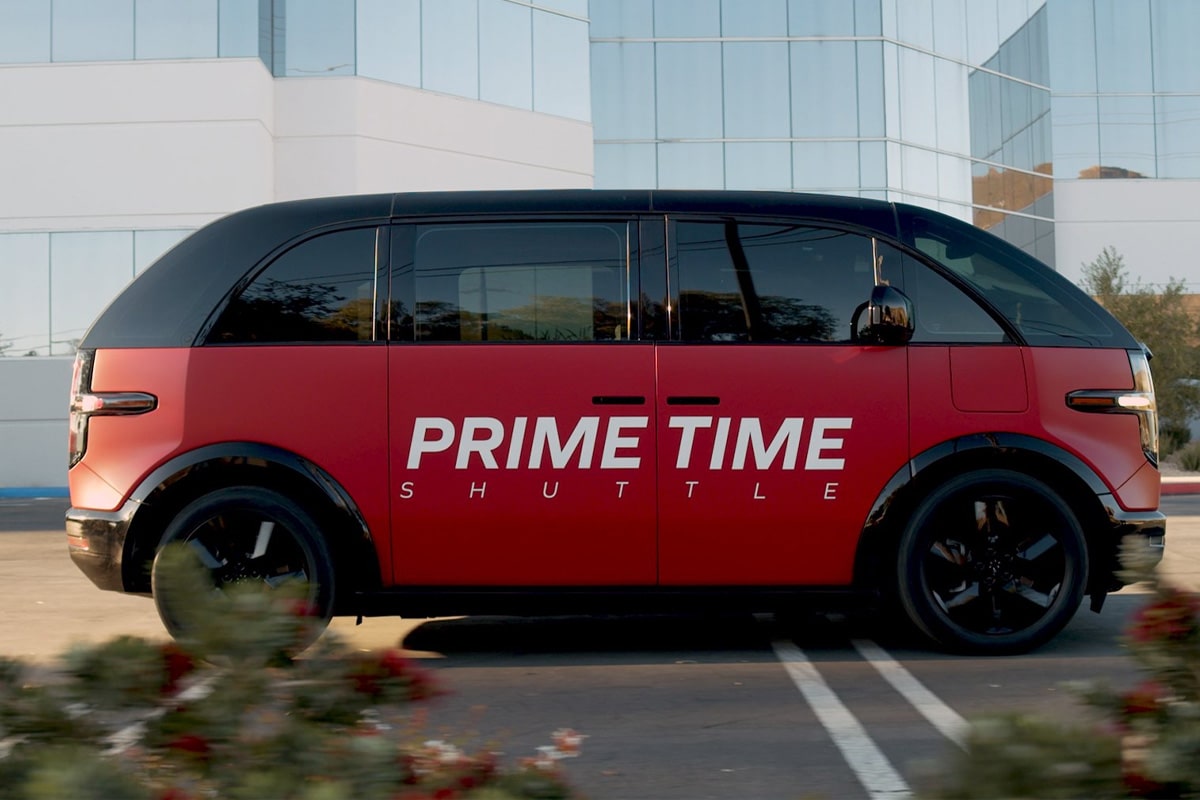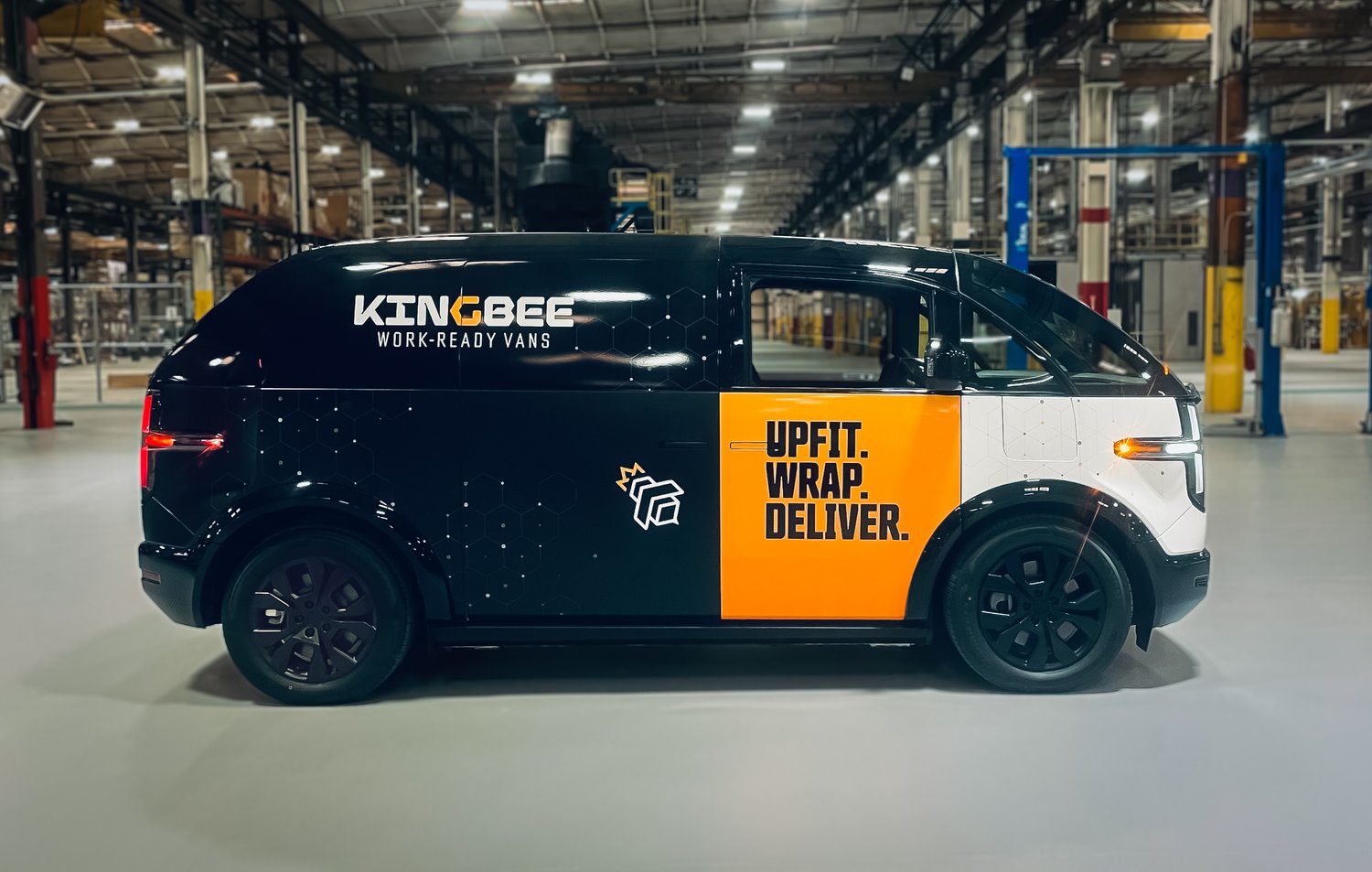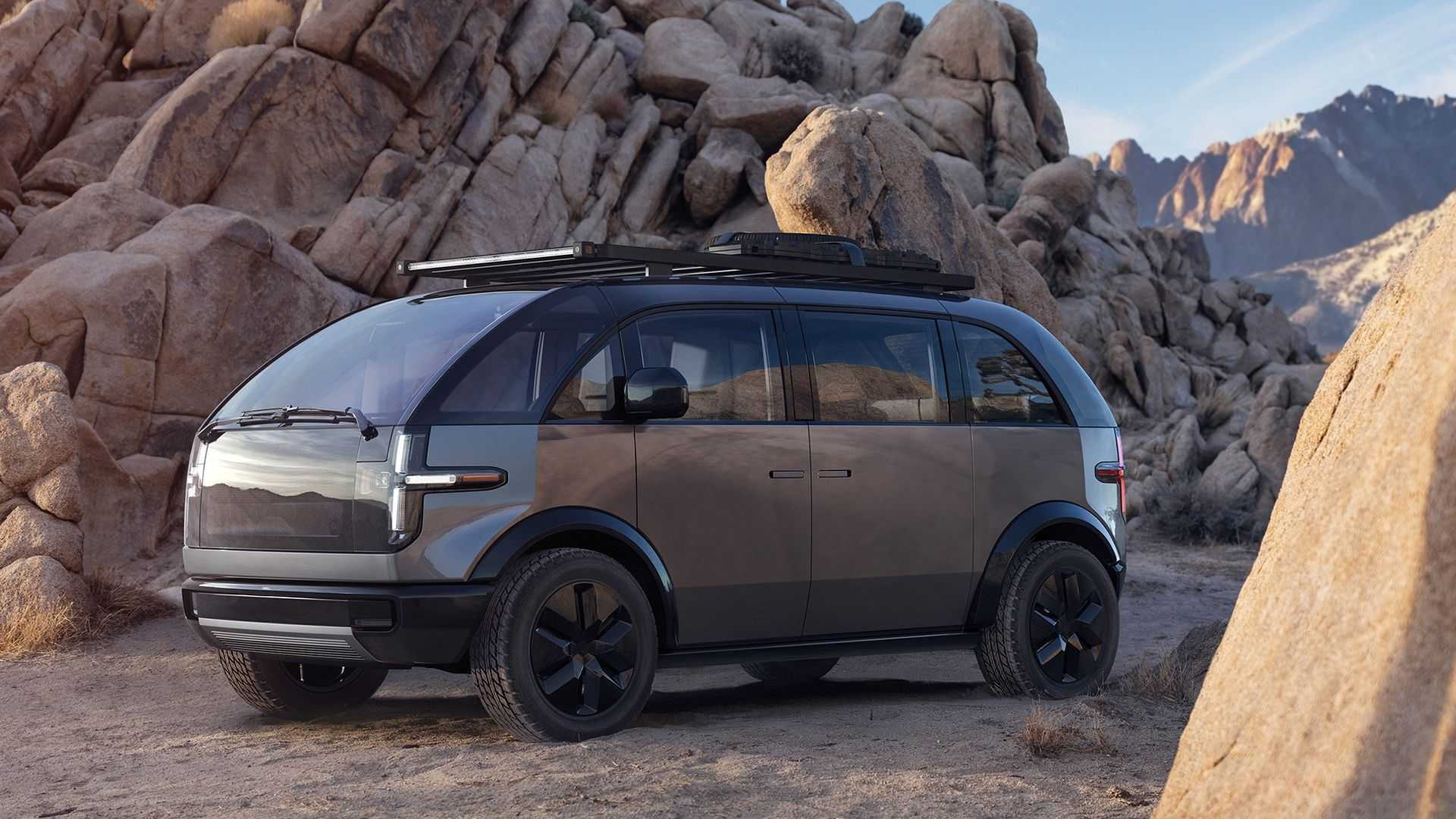Electric vehicle startup Canoo announced a significant order from Los Angeles-based company Prime Time Shuttle. The order involves Canoo’s Lifestyle Vehicle (LV), which will play a key role in Prime Time Shuttle’s expansion plans for its luxury vehicle and airport shuttle fleet, primarily serving the greater Los Angeles area.
The brief press release did not disclose specific financial details, including whether Prime Time Shuttle is making a financial investment in the deal. However, it did highlight that the purchase agreement spans multiple years, indicating a sustained partnership between the two entities.
Prime Time Shuttle, operating in 34 U.S. states, intends to deploy Canoo’s electric shuttles exclusively in and around Los Angeles, California, with future aspirations to integrate electric vehicles into its markets outside of California. The statement did not explicitly state whether Canoo would be the supplier for such expansions.
Canoo, having recently increased its vehicle production at its Oklahoma plant, aims to deliver the first units of its Lifestyle Delivery Vehicle (LDV) models in 2023, with production scaling up in 2024. The LDV is built on a versatile platform, offering customization options based on customer requirements. Canoo initially targeted an annual output of 20,000 vehicles by the end of 2023.
Despite recent challenges, including financial difficulties and regulatory scrutiny, Canoo has made strategic moves to secure its future. The startup recently received conditional funding for its vehicle and battery assembly plant in Oklahoma, with substantial subsidies contingent on meeting investment and job creation targets. Canoo’s agreement with the state and the Cherokee Nation includes a commitment to invest over $320 million, creating more than 1,360 jobs.
This development follows Canoo’s previous major contract with U.S. retail giant Walmart, albeit with certain contractual obligations that attracted attention. The startup faced fines from the U.S. Securities and Exchange Commission (SEC) in August 2022 for allegedly misleading investors with unrealistic sales forecasts ahead of its public debut in 2020 as part of a SPAC merger.





